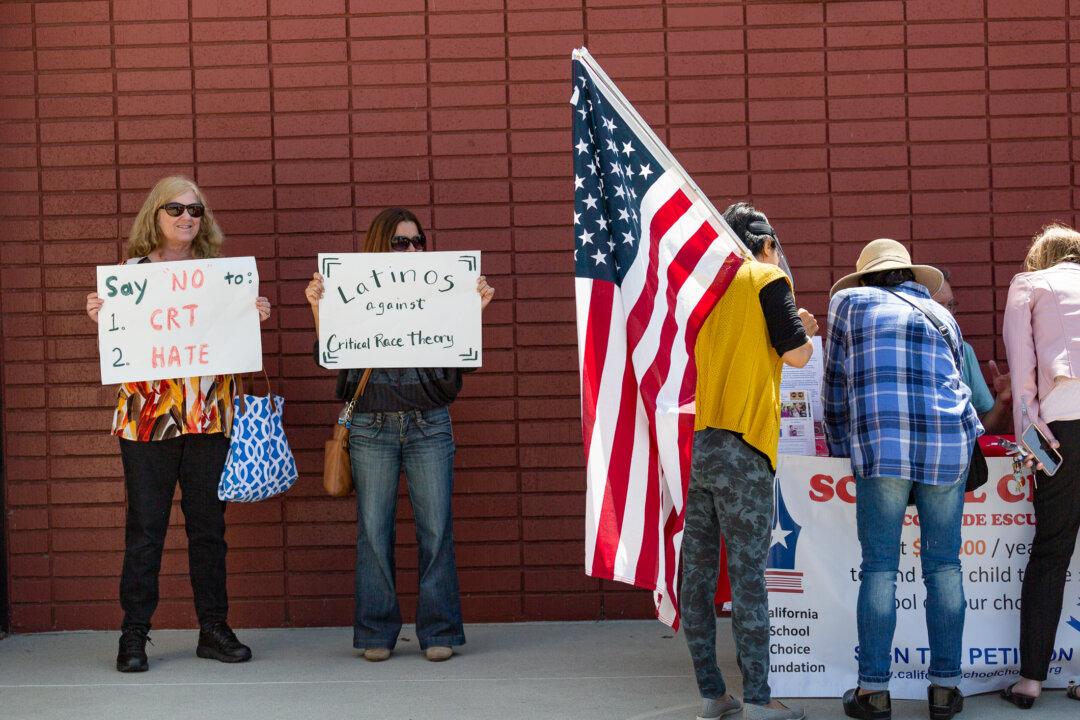The Orange County Department of Education (OCDE) held an ethnic studies colloquium hosted by district superintendent Al Mijares on July 21, less than a week before the Orange County Board of Education (OCBE) is scheduled to hold a similar forum.
OCDE’s discussion, titled “With Liberty and Justice for All: A Colloquium on Ethnic Studies,” featured eight speakers, including four Orange County superintendents, whose districts either have ethnic studies courses or plan to offer them.





